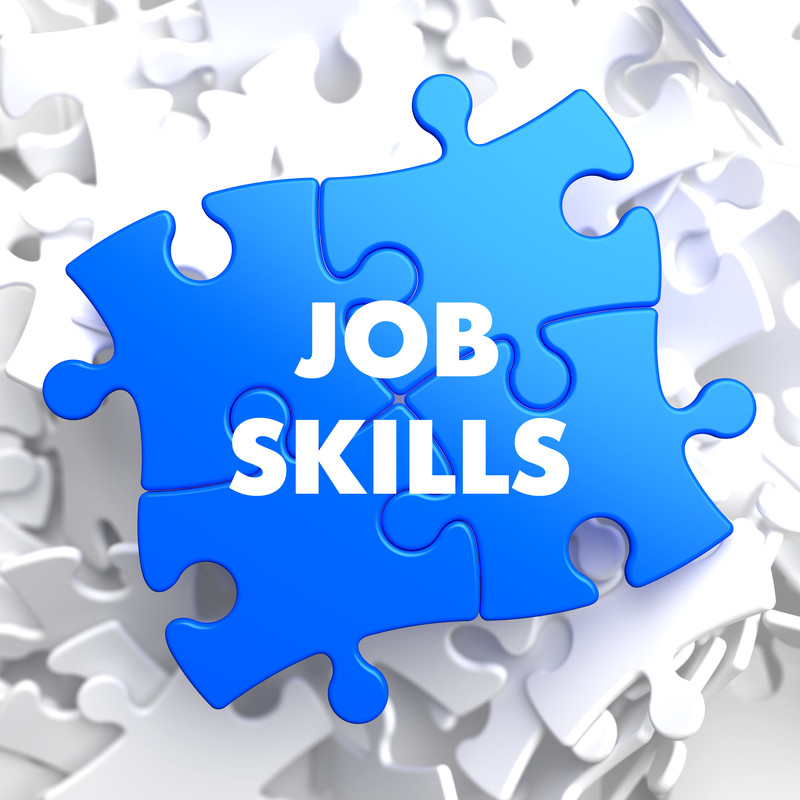Hard Skills and Soft Skills Your Executive Resume Must Demonstrate
The Right Mix of Hard and Soft Skills
When you boil it all down, what a prospective employer is looking for when reviewing an executive resume is the right combination of hard and hard skills that will enable a candidate to deliver the results the company needs. But what ARE those "hard" and "soft" skills?
Hard Skills
Hard skills are easiest to get a handle on. They are the ones that essentially qualify you to perform a job. Many of these skills are technical or very industry specific. A few obvious examples are proficiency in and knowledge of information technology, computer hardware and software, computer programming, finance, engineering, accounting and financial analysis, writing, mathematics, law, administration, project management, mechanical, medical, research, manufacturing processes and technologies, and process optimization.
You generally acquire these skills through specialized training, academic coursework, or on-the-job experience, and they are job or function-specific. They are often specific to a particular industry or market niche. They are also typically skills that can be measured and evaluated via testing or questioning.
Soft Skills
As you climb the executive ladder, so-called "soft" skills come to the forefront, as an executive is typically not in the trenches doing the day-to-work but is overseeing and directing others doing the work from a big picture perspective. Those hard skills are still important, as they provide the foundation of knowledge from which the executive directs others in conducting the business of the company, but here is where the soft skills shine.
Soft skills are for the most part what we might consider interpersonal. Many of them are personality traits and personal attributes. Communication, listening, leadership, empathy, conflict management, crisis management, persuasion, critical thinking, problem solving, negotiation, cross-cultural sensitivity, emotional intelligence, teamwork, adaptability, work ethic, time management, etiquette, organization. You typically can't learn them in a classroom. For some they seem innate; for others, they can be cultivated.
While it is fairly easy for most of us to compile a list of our hard skills, those equally (and in some ways more) important soft skills are harder for us to identify in ourselves. This is where thinking about observations others have consistently made about you throughout your life and career can help. Taking a look at performance reviews and 360-degree evaluations can also provide very useful insights.
If you find yourself a bit lacking in important soft skills, don't despair. You CAN nurture and grow them. Seek honest feedback from others, and consciously work to develop and exercise them at every opportunity. Some skills such as communication can be developed through organizations such as Toastmasters.
Communicating the Right Blend of Hard and Soft Skills
The ideal executive candidate possesses a blend of industry/job function-specific hard skills with an exceptional measure of the soft skills that make for a strong leader. It is very important to make sure that your executive resume is rich in keywords that highlight both your hard and soft skills, and that the accomplishments you tout demonstrate them through concrete results they have enabled you to deliver in the workplace.

